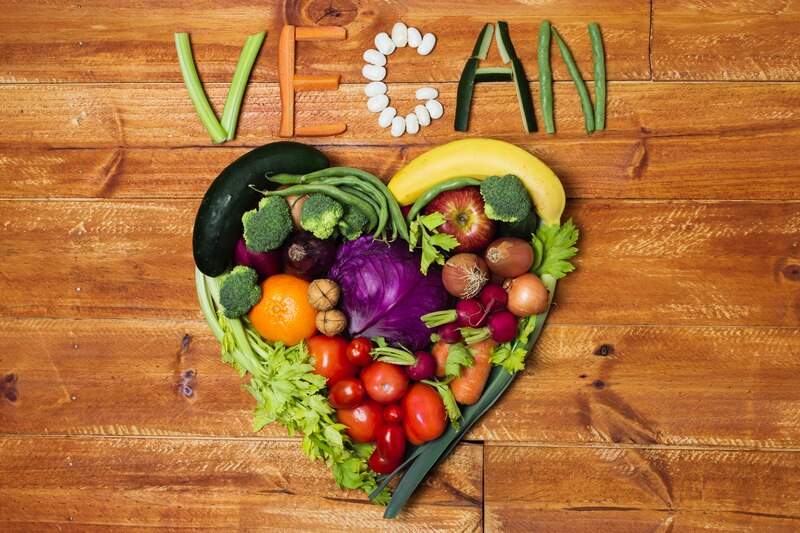Is it only a question of semantics, or there are some key differences between the terminology? The term plant-based term was probably created to make it more appealing for health reasons, without getting into the ethical debate, but does this really mean that vegan people are more ethical than those defining themselves as plant-based?
Many times we get asked by our readers if going plant-based means they’ve abandoned veganism? I think both terms are a synonym. They mean the same. As a matter of fact, we are all about consuming whole food plant-based ingredients, ethically sourced, low carbon, circular, compassionate, and cruelty-free. So, is that vegan or plant-based? And what’s the difference anyway?
Let’s “reverse engineer” our thoughts.
The term vegan was first mentioned on records in 1944 by Donald Watson and friends, although it wasn’t until the 80s that veganism was clearly defined as follows:
“A philosophy and way of living which seeks to exclude — as far as is possible and practicable — all forms of exploitation of, and cruelty to, animals for food, clothing or any other purpose; and by extension, promotes the development and use of animal-free alternatives for the benefit of humans, animals and the environment. In dietary terms it denotes the practice of dispensing with all products derived wholly or partly from animals.”
Interestingly, around the same time in the US, Dr. T. Colin Campbell commenced using the term ‘plant-based following research by the National Institutes of Health which showed the therapeutic impact of a low-fat, high-fiber, and vegetable-based diet on cancer. He was looking for a term that described this diet without considering ethical issues. The term was later defined and explained by Campbell by adding the term ‘wholefood’ to plant-based to draw a distinction that it is specifically a whole-food plant-based diet that has health benefits.

To put it in different words, veganism is about abstaining from eating or consuming animal products, but not necessarily concerning healthy foods, while wholefood plant-based is very much focussed on the health benefits of following that diet.
In the early 80s, veganism was very “Avant-gard” and plant-based was completely unheard of. However. through the 80s and 90s as people’s started taking consciousness they started to question the ethics of eating meat.
At this time, it was activist movements that were driving the vegan movement forward. But the activist associations were uncomfortable and for many people, a negative association kept veganism as a fringe movement.

In the ’90s, that started to change, and the term plant-based began to break into the mainstream, and then, as we moved into the ‘new MilleniumTeenies’, the movement, and the term, suddenly started to gain much more traction.
But is it a bad thing for the vegan movement that the term plant-based was popularised? Well, the answer is quite the opposite, the term plant-based has contributed significantly to the rise in popularity of veganism, and that they both share responsibility for the rise and interest in the vegan movement about animal welfare and health.
Another important factor in the growth of both movements is the environment. Many people became vegan because of the animals but back then, in the same way, that health was not a key driver for those adopting a vegan lifestyle, the environment also wasn’t mentioned. These days, the environmental arguments can no longer be ignored.








